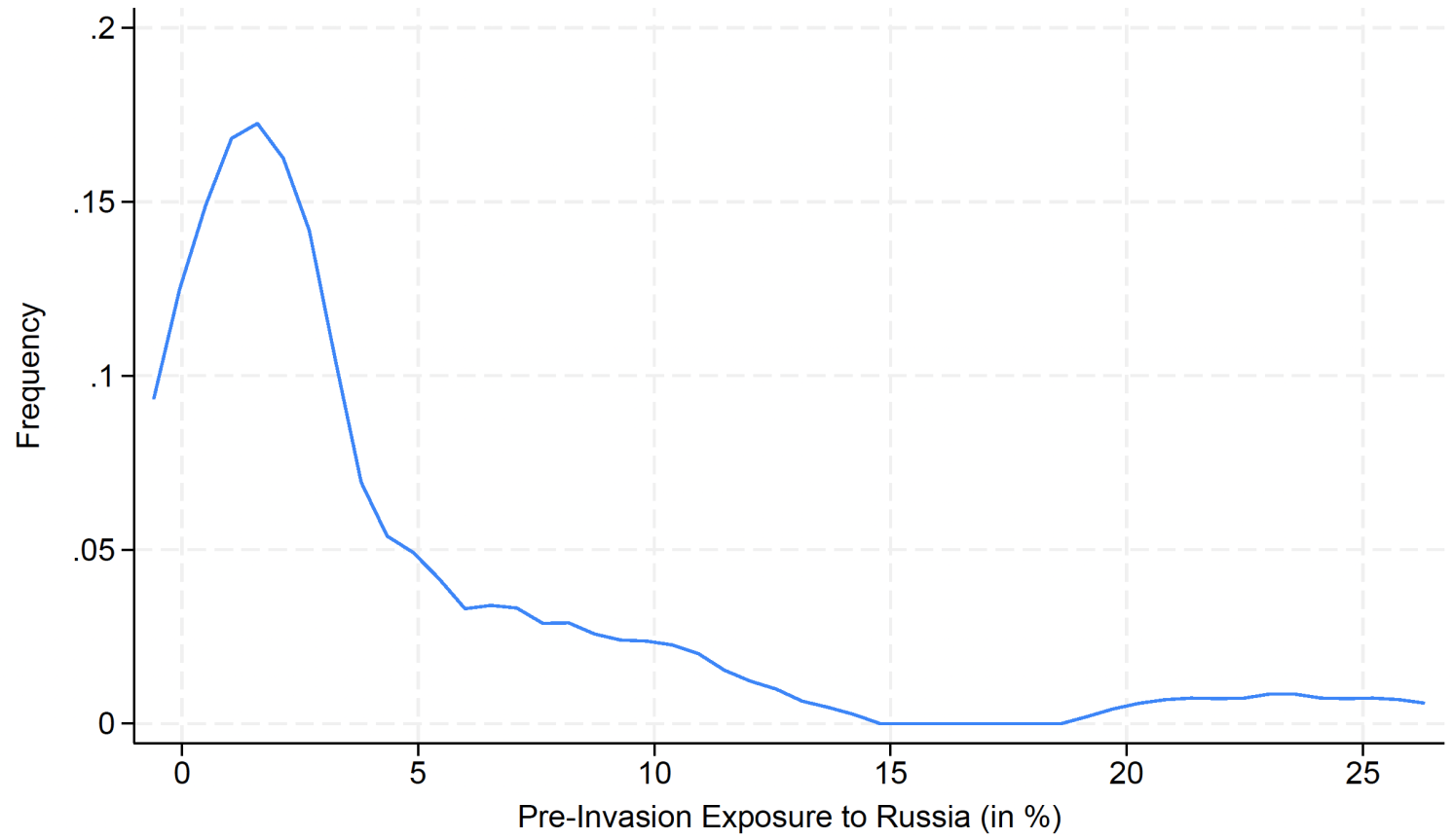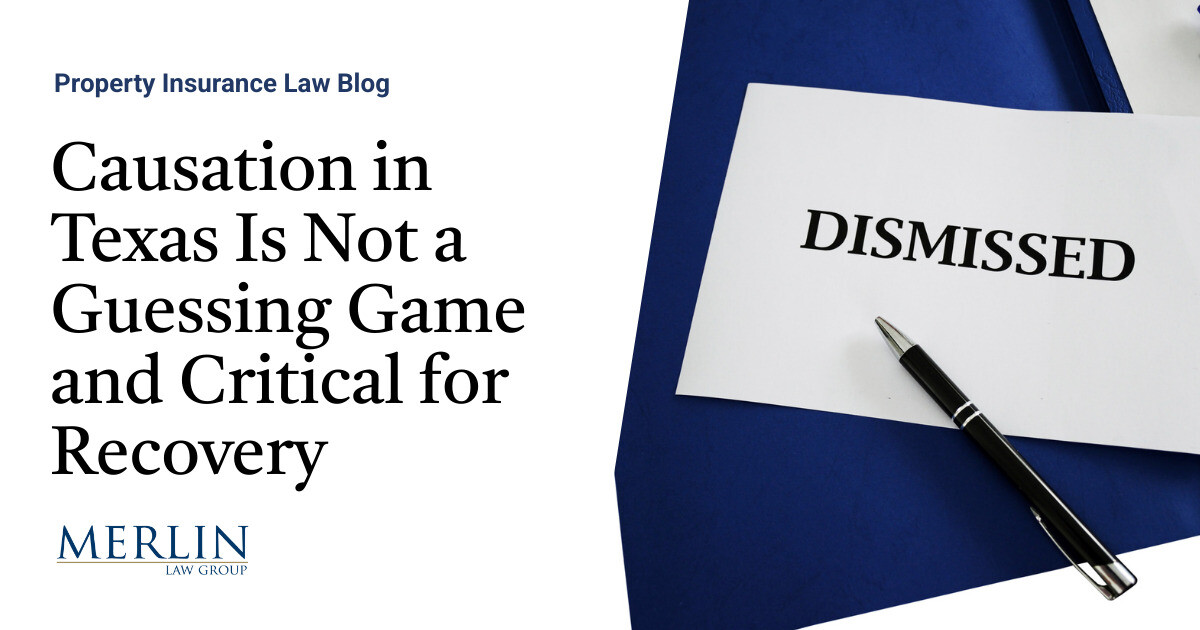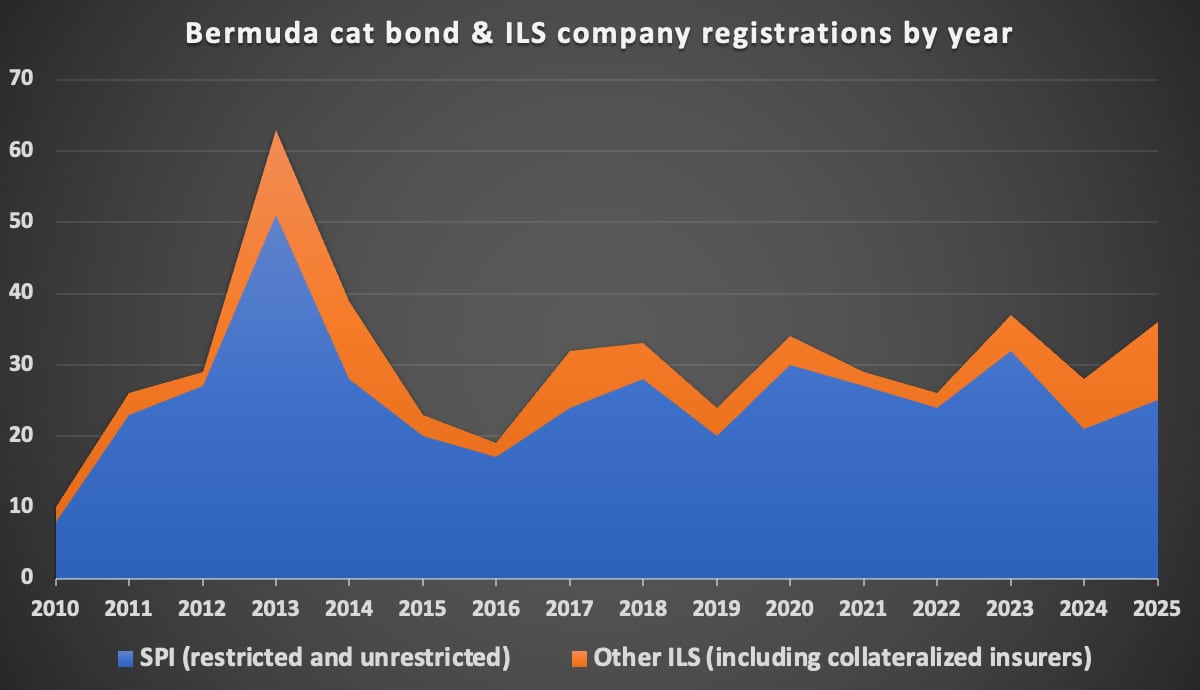Building and living off a nest egg is tough, but you can make the situation even more difficult if you run afoul of some key laws governing retirement accounts.
Make one wrong move, and the long arm of Uncle Sam may soon tap you on the shoulder, demanding a few explanations.
Following are penalties to avoid at all costs when contributing to or withdrawing from retirement accounts.
1. Excess IRA contribution penalty

Building a large amount of retirement savings is an admirable goal. But contributing too much to an individual retirement account (IRA) can cost you, according to the IRS.
It’s possible to commit this offense by:
- Contributing an amount of money that exceeds the applicable annual contribution limit for your IRA
- Improperly rolling over money into an IRA
What happens if you get a little too eager to build a nest egg and make one of these mistakes? The IRS explains:
“Excess contributions are taxed at 6% per year as long as the excess amounts remain in the IRA. The tax can’t be more than 6% of the combined value of all your IRAs as of the end of the tax year.”
How to avoid the excess IRA contribution penalty

The IRS offers a remedy to fix your mistake before any penalties will be applied. The agency says you must withdraw the excess contributions — and any income earned on those contributions — by the due date of your federal income tax return for that year.
For example, if you contributed too much to an IRA for 2022, you have until April 18, 2023, to withdraw the excess and thus avoid a penalty.
2. Early withdrawal penalty

Taking money out too soon from a retirement account is another potentially costly mistake.
If you pull money from your IRA before the age of 59½, you might be subject to paying income taxes on the money plus an additional 10% penalty, the IRS says.
The same penalties apply to early withdrawals from retirement plans like 401(k)s.
How to avoid the early withdrawal penalty

The IRS notes that there are several circumstances in which you are allowed to take early IRA withdrawals without penalties. For example, if you lose a job, you are allowed to tap your IRA early to pay for health insurance premiums.
There are also exceptions for retirement plans like 401(k)s.
It’s crucial to note that the exceptions that allow you to make early retirement plan withdrawals without penalty sometimes differ from the exceptions that allow you to make early IRA withdrawals without penalty.
3. Missed RMD penalty

Retirement plans are great because they generally allow you to defer paying taxes on your contributions and income gains for decades. Alas, eventually, Uncle Sam is going to demand his share of that cash.
Previously, taxpayers were obligated to take required minimum distributions — also known as RMDs — from most types of traditional retirement accounts beginning the year they turned 72. But as we previously reported, last year’s passage of the Secure Act 2.0 changed the rule:
“The Secure 2.0 Act will further raise that age to 73 starting Jan. 1, 2023, and to 75 in 2033.”
The consequences of failing to make these mandatory withdrawals still apply, though. According to the IRS:
“If you do not take any distributions, or if the distributions are not large enough, you may have to pay a 50% excise tax on the amount not distributed as required.”
How to avoid the missed RMD penalty

The best way to avoid this penalty is simply to make your withdrawals on time and according to IRS rules.
However, if you wish to avoid the hassle altogether, you could make sure all of your money is in a Roth IRA or Roth 401(k). RMD rules do not apply to Roth retirement vehicles. You can leave money in your Roth indefinitely.
There are two ways to make sure all your retirement money is in a Roth:
- Make contributions directly to a Roth IRA or Roth 401(k) each year and do not contribute to traditional tax-deferred accounts.
- If you already have money in a traditional IRA or 401(k), convert it to a Roth.
Unsure of how to proceed? Stop by the Money Talks News Solutions Center and find a great financial adviser who can help.
4. HSA contribution penalty for Medicare recipients

If you have gotten used to making a contribution to your health savings account year after year, you might be surprised to learn that you no longer can do so once you enroll in Medicare.
If you did not understand this rule and contributed in error, you might be subject to income taxes plus a 6% excise tax on the excess contribution amount.
How to avoid the HSA contribution penalty for Medicare recipients

When it’s time to sign up for Medicare, remember that your days of contributing to an HSA are over.
As we have explained:
“If you sign up for Medicare during your initial enrollment period (the period encompassing the three months before you turn 65 through the three months after you turn 65), you should make your last HSA contribution in the month before you turn 65. That way, you can avoid a penalty. It’s also possible to avoid a penalty if you make your last HSA contribution in the month before you turn 65 if you sign up within two months after your initial enrollment period ends.”
If you wait until later to sign up for Medicare, you can avoid the penalty in either of these two ways:
- Less than six months after turning 65: Stop your HSA contributions the month before you turn 65.
- At least six months after turning 65: Stop your HSA contributions six months before you apply for Medicare.
If you already have made your mistake and contributed to an HSA when you should not have, you might be able to avoid the 6% excise tax if you withdraw your excess contributions and earnings and add them to your income on your tax form, but you must do so before your tax due date.
For more on all of this, check out “4 Types of Medicare Penalties — and How to Avoid Them.”


































